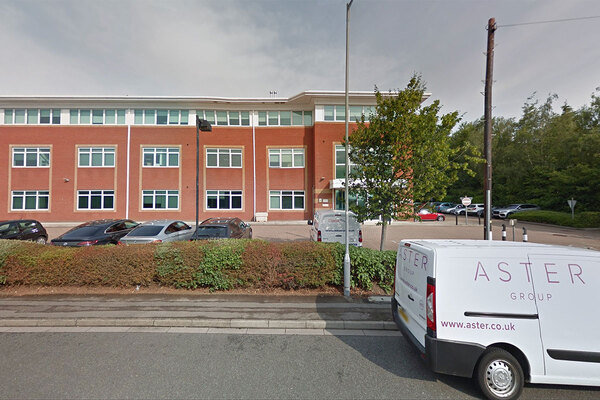You are viewing 1 of your 1 free articles
Government hopes further devolution will help deliver 1.5 million-homes target
The government will launch a shake-up of local authorities in the hope that further devolution will help to deliver its target of building 1.5 million new homes.
Deputy prime minister Angela Rayner will address regional mayors, local government and business leaders as she publishes an English devolution white paper this afternoon.
Ms Rayner will say the plans will “put England’s regions centre stage”, according to the Ministry of Housing, Communities and Local Government (MHCLG).
The white paper is expected to include new powers for mayors in terms of strategic planning, giving them the ability to guide infrastructure and development projects across areas such as housing, transport and skills.
Currently, all councils in a region must agree to a strategic plan. Ms Rayner will end the need for unanimity, with mayors able to introduce plans unless two-thirds of councils object.
The white paper will also propose the creation of ‘strategic authorities’ across England, merging councils over areas of around 500,000 people where there are currently two tiers of local government, such as smaller district councils and a larger county council.
The mergers will create unitary councils across the whole country, to avoid duplication and give cities and regions “a bigger voice”, the MHCLG said.
Upper-tier councils, including unitary authorities and current county councils, will be asked to produce their own spatial development strategies, which are used in big cities.
Elected mayors will oversee areas representing two or more councils and will be given more powers over planning and transport, including the ability to ‘call in’ large housing applications and introduce contactless travel across their rail networks.
However, it is expected that metro mayors will not receive fiscal powers, such as the ability to introduce tourist taxes to pay for local services.
Since being in office, the government has already approved devolution deals in Greater Lincolnshire, Hull and East Yorkshire, Devon and Torbay, and Lancashire. However, around half of England’s population still lives in an area that is not covered by a devolution deal.
Ms Rayner is expected to say: “Our English devolution white paper will be a turning point when we finally see communities, people and places across England begin to take back control over the things that matter to them.
“Devolution will no longer be agreed at the whim of a minister in Whitehall, but embedded in the fabric of the country, becoming the default position of government.”
Louise Gittins, chair of the Local Government Association, said “genuine devolution of powers and resources can play a huge role in promoting inclusive economic growth, creating jobs and improving public services”.
She said her members were “open to change”, but “remain clear that local government reorganisation should be a matter for councils and local areas to decide”.
However, Hannah Dalton, vice-chair of the District Councils’ Network, warned that the “creation of mega-councils” could prove “the opposite of devolution”.
A Conservative Party spokesperson said more homes needed to be built, but these must be “in the right place”.
“This new announcement will do nothing to solve that, and instead open up another front on Labour’s assault on the countryside,” they added.
Last week, the government published a working paper on modernising planning committees, which included a “national scheme of delegation” to bring clarity and consistency about which applications get decided by officers and which by committees.
Smaller, targeted planning committees for strategic development are also on the cards, as is a requirement that councillors undertake appropriate training before they can be part of a planning committee.
All three of these reforms would require changes to primary legislation through the forthcoming Planning and Infrastructure Bill.
Sign up for our Council Focus newsletter
Already have an account? Click here to manage your newsletters












